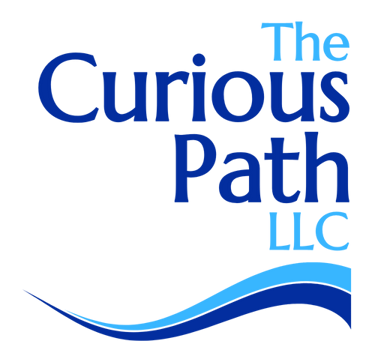
models and approaches
As dedicated trauma specialists, we are committed to our ongoing professional development in evidence-based, holistic methods for recovering from trauma and other ongoing stress. The models we utilize recognize that recovering after trauma takes place over several phases:
Establishing Safety and Stabilization:
This includes resourcing that is unique for every client, such as finding or creating physical supports, soothing the nervous system through mindfulness, visualization, bilateral stimulation, and/or using steadying gestures and words. Pendulation, or the measured practice of moving between activation and soothing, is learned in this phase. During this phase of therapy, you will also be evaluating if your therapist is the correct match for you – if you feel they can be trusted to guide your process of healing. As the client, you have the authority to make this choice.
Processing and Metabolizing:
This is where consolidation and reorganization of the experiences take place by safely engaging the same neural networks that were active during and after the trauma occurred. Using different therapeutic models and healing practices, the Parts of ourselves that have been injured and the Parts that protect us from further harm can be witnessed and unburdened. Somatic work may be utilized to release any physical energy or sensations that have been stored in the body. Sometimes mourning or holding reverence for what has been lost is important and can take place in this phase before fully arriving in your new sense of Self.
Integration:
The trauma no longer needs to be erased. It can now be incorporated as a piece of your story. You can feel connected to yourself again, or for the first time. There is often new meaning or purpose created in this stage of treatment.
While trauma treatment follows a set structure, everyone’s needs are unique. The amount of time spent in these phases is a fluid process. New resources can be created at any stage along the way. You and your therapist will work at the pace that is most suitable for your recovery.


CONTACT
1346 South Atherton Street
State College, PA 16801
p: 8 1 4 - 6 9 9 - 9 1 3 9
w e l c o m e @ t h e c u r i o u s p a t h . o r g
w w w . t h e c u r i o u s p a t h . o r g
f: 8 1 4 - 8 4 1 - 1 0 4 8








